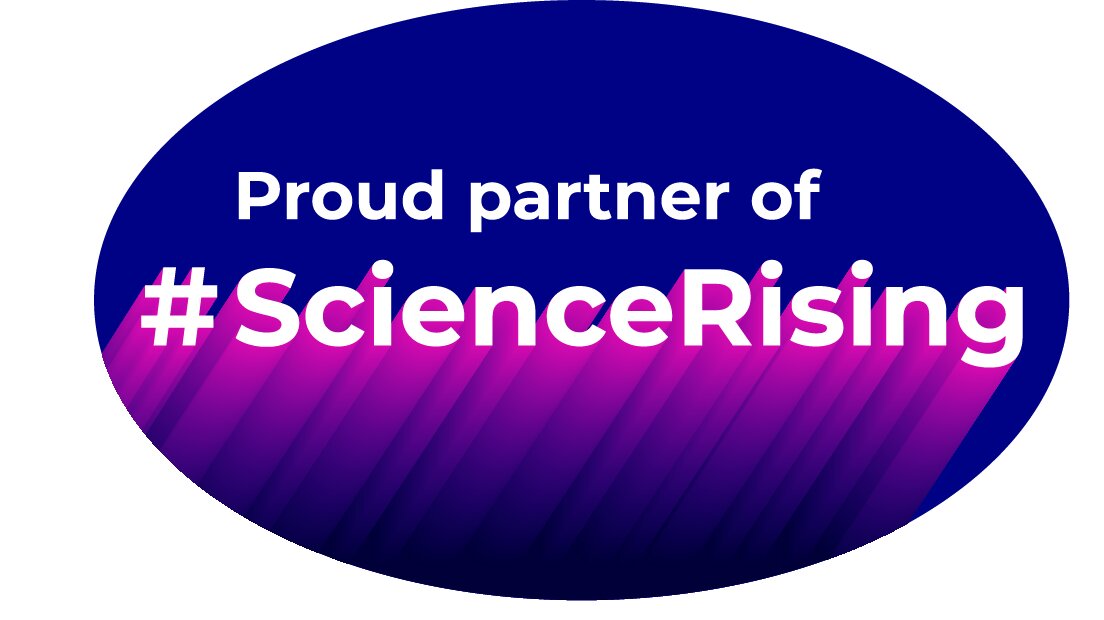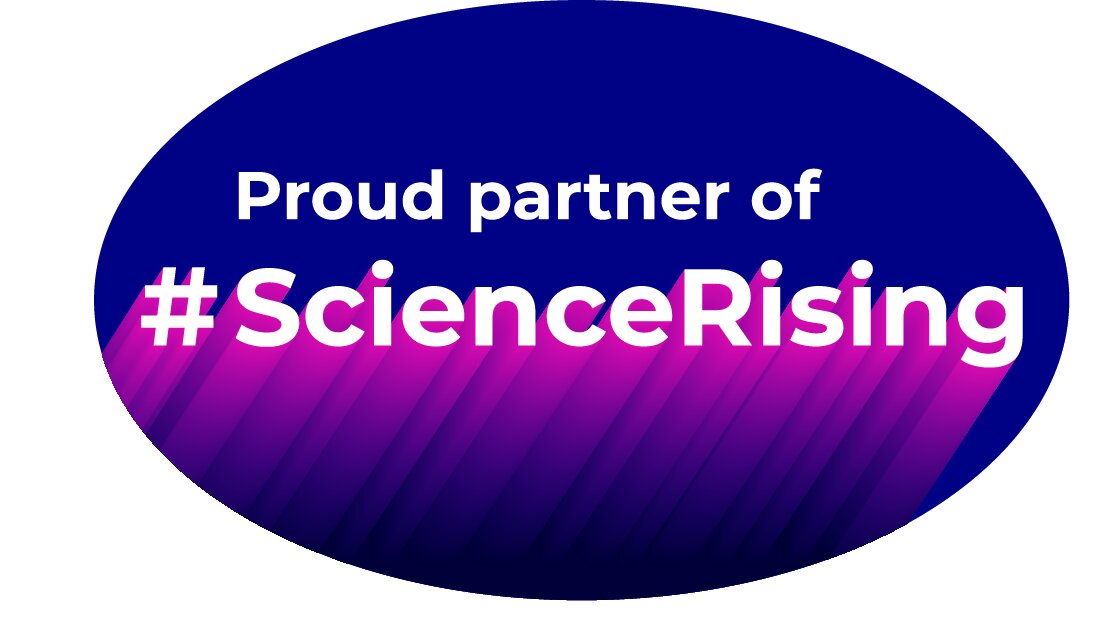
Voting Power in Environmental Policy
Join us as we host Bob Martin and Sarah Goldman as our closing STEMulate The Vote Seminar Series panelists!
Bob Martin
While Bob will tell you modestly that he's not an academic or a scientist, his extensive expertise in public policy and knowledge of agriculture, environmental and health issues ultimately brought him to the Center for a Livable Future in 2011, where he is now the director of the Food System Policy Program. During his years working for members of Congress from the Midwest, Bob gained a knack for strategizing and "bringing the right people together," he says.
Previously, Bob worked on Capitol Hill and in a state legislature, as well as for a family farm advocacy group. He also worked for the Pew Charitable Trusts, where he served as a senior officer at the Pew Environment Group following the dissemination of his work as Executive Director of the Pew Commission on Industrial Farm Animal Production.
Bob worked closely with staff at the Center and other experts from JHSPH on the Commission, which was a joint venture of Pew and JHSPH. Ultimately, the Commission published 8 technical reports and one seminal report entitled "Putting Meat on the Table: Industrial Farm Animal Production in America."
"Food has become the social issue of our time," he says. "I was lucky enough to participate in an effort to shine a bright spotlight on one aspect of the food system that is in crisis."
At the Center, Bob's role will be to enhance policy efforts based on research conducted by the Center and other organizations. As the Center has grown substantially in recent years, one of Bob's responsibilities will be to ensure that it takes a coordinated approach to research and policy while optimizing partnerships with colleagues at other organizations.
Sarah Goldman
Sarah joined the Center for a Livable Future in 2019 as a Senior Program Coordinator with the Food System Policy Program, following work as an Emerson National Hunger Fellow. As a fellow, Sarah worked on agricultural policy with the Indigenous Food and Agriculture Initiative and National Farm to School Network. At Carleton College, Sarah started an agricultural training program for fellow students that allowed them to learn from practitioners on topics ranging from soil health to water quality to business management, while also gaining hands-on farming experience. She’s also served as a community organizer in Nicaragua and as a student ambassador at the World Expo in Milan, which focused on food and nutrition.
At the Center, Sarah conducts research and writes reports related to policies in key issue areas such as procurement, nutrition, antibiotic resistance, industrial food animal production, rural development, migrant food chain workers and more. She enjoys working on policy issues that get to the root causes of inequity in agriculture.
“There are many opportunities to spur positive social change through food systems work,” says Sarah. She finds that her work at the Center is a great opportunity to work on two food systems issues that are close to her heart—anti-hunger and agricultural production—while also allowing her to explore questions of equity and how to build diverse and inclusive communities within the food system. An avid cyclist, banjo player and gardener, Sarah spends as much time outdoors as possible.



















